Asian American and Pacific Islander (AAPI) women’s mental health is rarely discussed and is a significant part of their well-being. Maintaining mental health is a vital part of AAPI women’s dignity. It is essential to recognize that cultural, legal, language and economic barriers disrupt their autonomy and how they function with their family and community.
AAPI women often must deal with race and gender-specific stereotyping. They are often objectified, hypersexualized, and/or labeled as “exotic,” “cute and small,” “worker bees,” or considered a “fetish.” This mentality against AAPI women degrades, humiliates, and damages a woman’s self-esteem and overall safety. Yet, most AAPI women are completely invisible to current mental health literature. However, AAPI psychological distress exceeds most nationwide rates.
Since the COVID-19 outbreak, AAPI individuals have experienced extreme racism and microaggression, deteriorating their mental health. Women have experienced 2-3 times more discrimination than men. In 2020, a third of AAPI women reported that their mental health had suffered due to COVID-19. Adding in generational trauma, colonial mentality, and immigration issues, many women suffer from major depressive disorder, anxiety, and suicidal ideation. Let’s not also forget the intersectionality of being AAPI and LGBTQIA+. This adds the extra weight of physical threats, exposure to conversion therapy, and hopelessness.
As a Filipino American woman born and raised in the U.S., I never fully understood my generational history, colonial past, or family trauma intertwined with who I was and who I am becoming. Only in the last few years of grad school have I been forced to dive into my culture and where I came from. Sadly, my parents, especially my mother, didn't share most of our family's history, let alone my country of origin. I have learned so much and am still learning. Because of my newfound awareness of my culture and ethnicity, I have become hypersensitive to racial slurs, microaggressions, microinvalidations, and microinsults. And not only relating to my culture but to others. Sometimes they can be so subtle, but my body reacts before my mind realizes what has been said or done. As COVID-19 wore on, political arenas heated, and racism reached new heights. I became fearful of my ethnicity and skin color and extremely aware of my surroundings. I heard the racial slurs and connotations. I remember leaving work in tears one afternoon when a patient stated he needed more vitamins so he didn’t get “the China Flu.” I have never felt my blood boil like that. I remember being told on a dating app by a man that he’d always wanted to be with an Asian girl; it had been his longtime “fantasy.” I have been at my biracial children's school to pick them up and have been mistaken for the nanny more times than I can count. As I look back at my younger adult years, I can recall more moments like that. I let them go, shrugged them off, and was not offended because I didn’t tie myself to my culture. Today, the person I am now, it wears on me. It’s painful physically and mentally. Injustice comes in so many forms. The subtle ones hurt the most. The ones that make you gaslight yourself in thinking you are overreacting, that you didn't hear what you heard, or maybe that’s not how they meant it. As a woman, it sometimes makes me feel unseen, unheard, and, most of all… small. How do you find empowerment when you are seen as “less than” in your workplace, community, and even sometimes in your relationships? It is mentally taxing, yet we, as women of color, must push forward, not take up space, and pretend to be unaffected. We are affected. We are trained to hide it well. I think of my mother and how much she hid until she could no longer. She became a statistic when she died by suicide. Her mental health went unnoticed, unspoken, and shamed. Like many other cultures, mental health is not discussed or acknowledged, and we certainly do not share such privacies with others, which would tarnish a reputation. What if she had the openness and acceptance to say she was “not ok” instead? Would she be here today? Would my life be drastically different? I don’t know. But because of her, I forge forward to help other women of color find their voice and empowerment to say, “I need help.”
For mental health outcomes to improve in AAPI women, policymakers, providers, counselors, and advocates must look at the intersectionality of sexuality, gender, race, socioeconomic status, age, and ability. Our lives are not singular; they are multidimensional. Our mental health must be approached the same way.
References:
https://www.napawf.org/our-work/content/2021/5/26/mental-health-among-aapi-women

